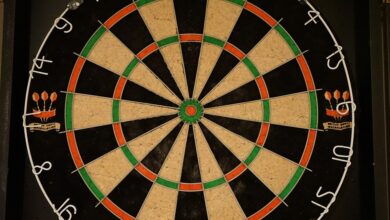The Role of Luck in Board Games

One of the most common ways luck comes into play in board games is through dice rolling. Games like Monopoly, Risk, and Settlers of Catan all rely heavily on dice rolls to determine the outcome of certain actions. The unpredictability of rolling dice can make the game more thrilling and keeps players on the edge of their seats. It also adds an element of uncertainty, making it possible for any player to come from behind and win.
Drawing cards is another way luck is implemented in board games. Many games, such as Uno, Go Fish, and Poker, involve drawing cards from a deck and playing them strategically. The luck of the draw can determine whether a player gains an advantage or falls behind. This element of chance adds a layer of excitement and suspense to the game, as players never know what card they will draw next.
Additionally, for some games, luck is determined by spinning a wheel or using a random number generator. This element of luck adds a thrilling and spontaneous element to games like The Game of Life, Trivial Pursuit, and Twister. Players have no control over what the wheel will land on or which category the random number generator will select, making the game more unpredictable and exhilarating.
While luck can certainly influence the outcome of a game, it’s crucial to recognize that it’s not the sole determining factor. Board games also require strategic thinking, decision-making, and planning, all of which contribute to the overall outcome of the game. Luck adds an element of unpredictability and excitement to the game, but it’s ultimately a combination of skill and chance that determines the winner.
It’s also important to note that luck in board games can be positive or negative. A lucky dice roll, card draw, or spin of the wheel can propel a player to victory, but it can also result in a setback. This balance of good and bad luck adds drama and tension to the game, keeping players engaged and invested until the very end.
In conclusion, luck plays a crucial role in the world of board games. While some players may feel frustrated by the influence of luck, it ultimately adds an element of excitement, surprise, and unpredictability to the game. The combination of skill and chance creates a thrilling and engaging experience for players of all ages. So, the next time you play a board game, embrace the element of luck and enjoy the excitement it brings to the table.





